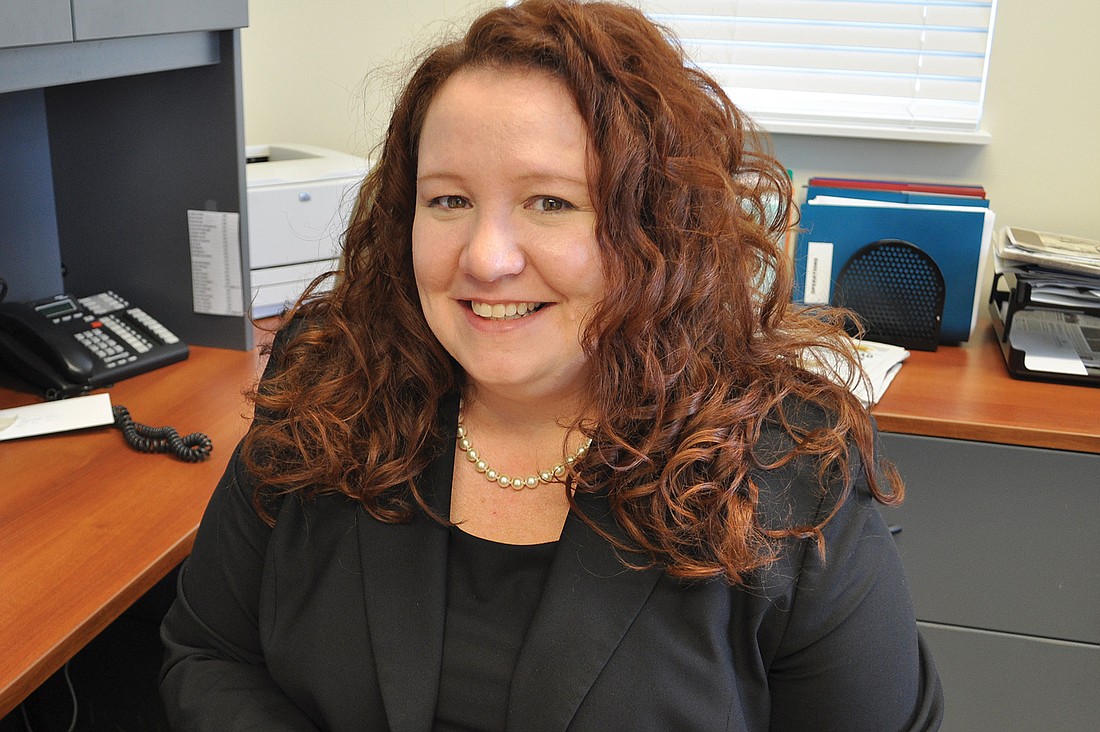- November 22, 2024
-
-
Loading

Loading

If you ever thought Sunshine laws exist to dictate the fantastic weather we experience in Florida, you are not alone. Before starting my career in public administration, I was pitifully unaware of my ability to monitor and participate in the decisions made by governmental entities that ultimately have a significant impact on my quality of life.
James Madison, the fourth president of the United States, wrote in 1822: “A popular government without popular information or the means of acquiring it, is but a prologue to a farce or a tragedy or perhaps both. Knowledge will forever govern ignorance, and a people who mean to be their own governors, must arm themselves with the power knowledge gives.”
Florida’s Sunshine Laws have been touted as some of the toughest open-meeting laws in the U.S. Chapter 286 of the Florida statutes sets forth the requirements for conducting public business in the open. Sunshine Laws are so named because they force governmental deliberations, decisions and meetings out from the shade or the darkness and into the light. How appropriate is it then that Florida, known as the “Sunshine State,” passed the first open-meeting laws in 1967. Furthermore, it was the late Gov. Lawton Chiles (then a senator) who also helped introduce Sunshine Law legislation into Congress, which was signed into law by President Gerald Ford in 1976.
Accompanying the Sunshine Laws is Chapter 119, Florida statutes, which governs the release and dissemination of public records. Anyone can request an agency’s public records and for any reason. These statutes impact governments throughout the state to include counties, cities, town, special districts, advisory committees, focus groups, selection committees and any other decision-making or recommending group that may discuss a policy or issue to come before a governing body.
Florida’s laws provide for three basic meeting requirements: 1) meetings must be open and accessible to the public; 2) reasonable public notice must be given; and 3) minutes must be taken. However, what may surprise you is what constitutes a meeting. According to statute, a meeting is any gathering, whether formal or casual, involving two or more members of the same board, where a matter which will foreseeably come before the board for action is being discussed. This includes any type of exchange between members including letters, phone/voicemail, text, chat, email, the use of an intermediary, internet discussion groups, etc. In other words, no communications regarding board business can take place outside of a public meeting.
March 11-17 has been designated as national Sunshine Week. Scheduled to coincide with Madison’s birthday on March 16, Sunshine Week was launched in 2005 by the American Society of News Editors to “promote a dialogue about the importance of open government and freedom of information.” Locally, Sunshine Week should be a reminder that it is our right and our responsibility to arm ourselves with the knowledge and power that was intended by our forefathers.
Eva Rey is the executive director for Lakewood Ranch Town Hall.